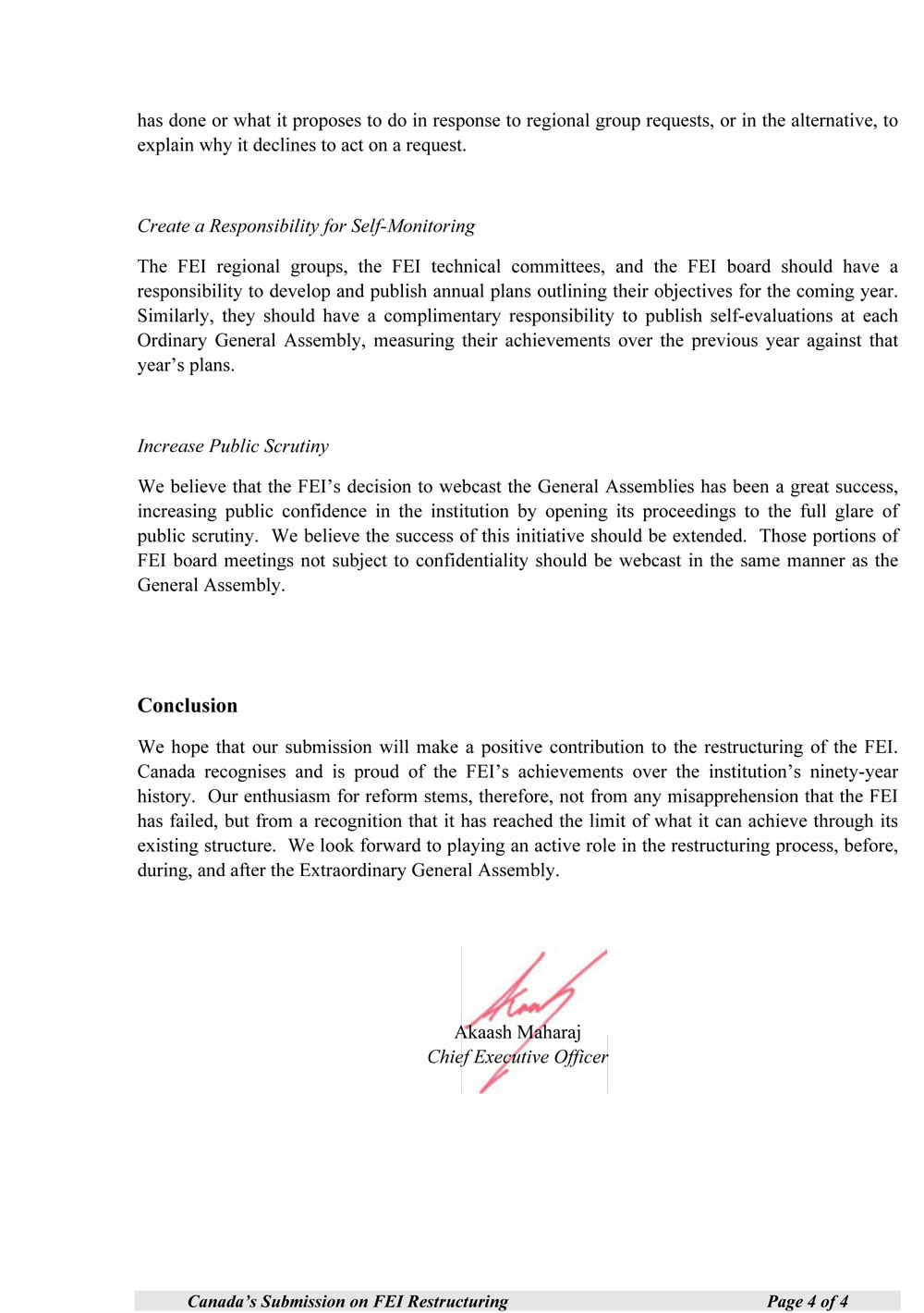Ohio’s Response to Public Concerns Regarding Sports Betting
In recent years, the topic of sports betting has gained significant attention across the United States. With the Supreme Court’s decision to strike down the federal ban on sports betting in 2018, many states have been grappling with the issue of how to regulate and respond to this growing industry. Ohio, like many other states, has been carefully considering the concerns and interests of its residents when it comes to sports betting.
One of the primary concerns surrounding sports betting is the potential for increased gambling addiction and related social issues. Ohio lawmakers have taken this concern seriously and have been working diligently to put safeguards in place to protect vulnerable individuals. The state has proposed legislation that includes measures such as age verification, self-exclusion programs, and funding for problem gambling treatment. By implementing these measures, Ohio aims to strike a balance between allowing sports betting and ensuring the well-being of its citizens.
Another concern raised by the public is the integrity of sports competitions. Critics argue that legalizing sports betting may open doors for corruption and match-fixing. In response, Ohio has proposed strict regulations and oversight to maintain the integrity of sports events. The state plans to establish a regulatory body that will monitor and investigate any suspicious activities related to sports betting. Additionally, Ohio intends to collaborate with professional sports leagues and law enforcement agencies to ensure fair play and prevent any potential misconduct.
Furthermore, public concerns regarding the accessibility and fairness of sports betting have also been addressed by Ohio’s response. The state plans to allow both online and in-person betting options, providing convenience for residents while also generating revenue for the state. Additionally, Ohio aims to create a competitive market by allowing multiple operators to offer sports betting services. This approach fosters healthy competition, which can lead to better odds and more favorable conditions for bettors.
In terms of taxation, Ohio has been mindful of striking a balance between generating revenue for the state and not burdening operators with excessive taxes. The proposed legislation includes a reasonable tax rate on sports betting revenue, which will allow operators to thrive while also contributing to the state’s budget. This approach ensures that Ohio benefits from the legalization of sports betting without stifling the industry’s growth.
Lastly, Ohio has been proactive in seeking public input and engaging with stakeholders throughout the decision-making process. Public forums, surveys, and consultations have been conducted to gather feedback and address concerns. By involving the public, Ohio aims to create a regulatory framework that reflects the interests and values of its residents.
In conclusion, Ohio’s response to public concerns regarding sports betting demonstrates a thoughtful and comprehensive approach. The state has taken into account the potential risks associated with gambling addiction, the integrity of sports competitions, accessibility and fairness, taxation, and public input. By implementing strict regulations, oversight, and support systems, Ohio aims to strike a balance between allowing sports betting and safeguarding its citizens. As the state moves forward with its proposed legislation, it is clear that Ohio is committed to addressing public concerns and ensuring responsible and regulated sports betting within its borders.
